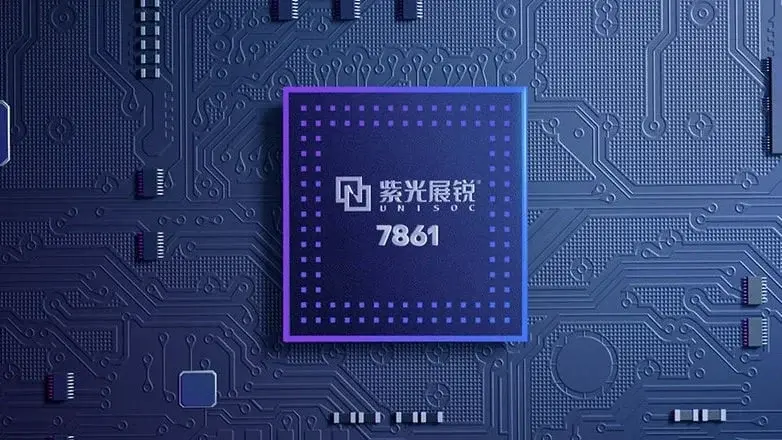Chinese smartphone leaders Xiaomi and Unisoc are reportedly advancing in the creation of their own 4nm mobile processors, which could potentially lessen their dependency on international chip suppliers like Qualcomm and MediaTek. This development aligns with China's broader strategy to achieve greater self-reliance in the semiconductor sector, buoyed by robust government support.
Reports from Liberty Times and Commercial Times indicate that Xiaomi and Unisoc have both successfully completed the "tape-out" process for their 4nm chips made domestically. This crucial milestone in the development process means that the design has been finalized and sent to a foundry for manufacturing. However, it is important to note that these chips are based on foreign intellectual property (IP) cores from ARM and IMG.
Significant Achievements
Xiaomi has risen to become a significant player in smartphone manufacturing, ranking third globally behind Apple and Samsung as of Q1 2024. Beyond smartphones, the company is rumored to be developing a competitive 4nm chip to rival Huawei's Kirin 9000s, which might be launched later this year.
The Kirin chip utilizes a 7nm process developed by SMIC, another leading Chinese chipmaker. Xiaomi's historical partnerships with Qualcomm provide a solid foundation for its long-term success in chip development.
Unisoc's Progress
Unisoc, a fabless chip designer based in Shanghai specializing in mobile communication and connectivity technologies, is also reportedly making headway in the 4nm arena. Their chip has completed the tape-out stage and is said to have performance levels comparable to Qualcomm's Snapdragon 888.
However, industry analysts warn that the widespread adoption of domestically produced 4nm System on Chips (SoCs) in Chinese smartphones might not occur until 2026. Currently, established firms like MediaTek and Qualcomm maintain a stronghold in the Chinese market.
Implications for the Industry
This progress could signify a transformative period for China's semiconductor industry. With Huawei leading the charge and Xiaomi and Unisoc joining the fray, domestic chipmakers may soon challenge their international counterparts. This shift could reduce China's reliance on foreign technology and foster global innovation and competition in the semiconductor field.


